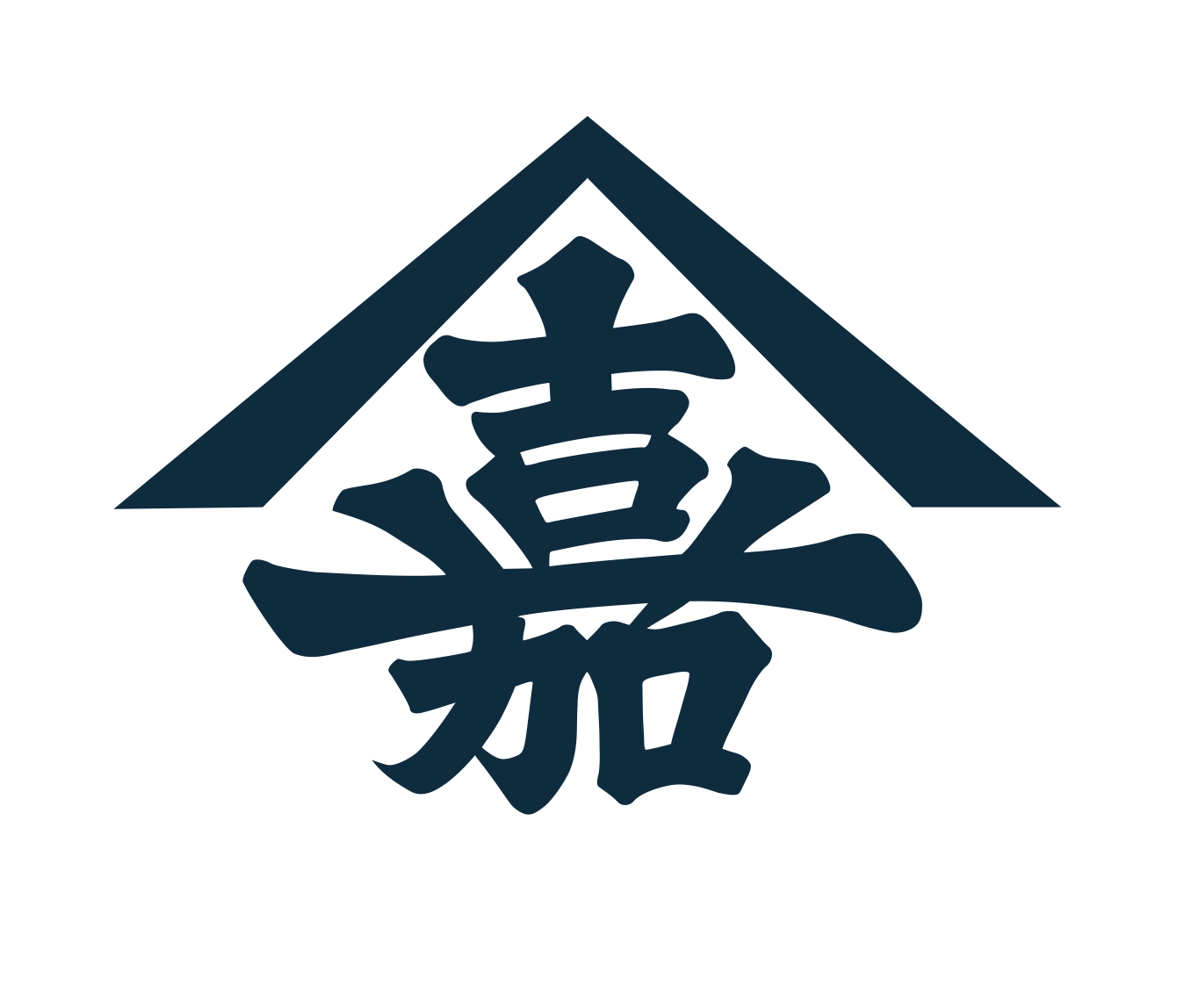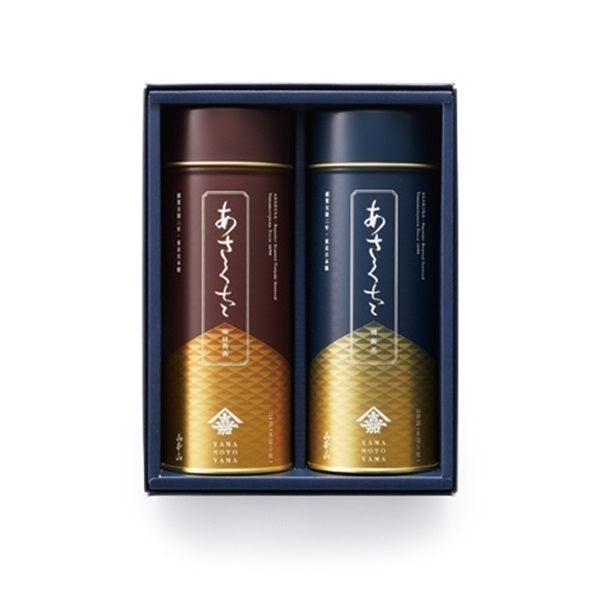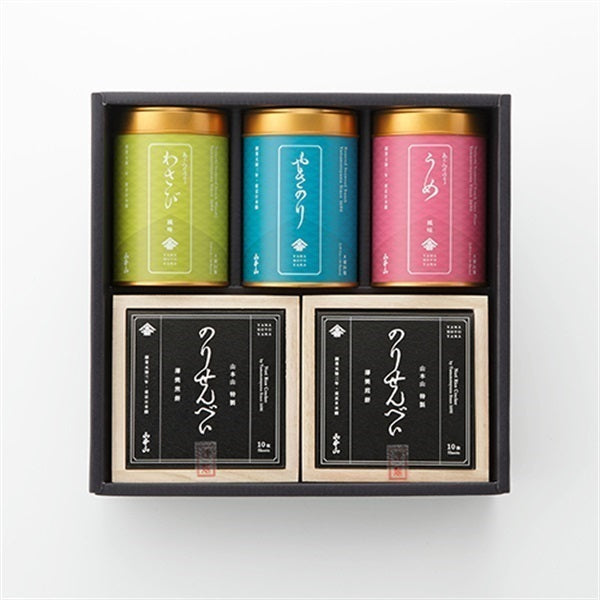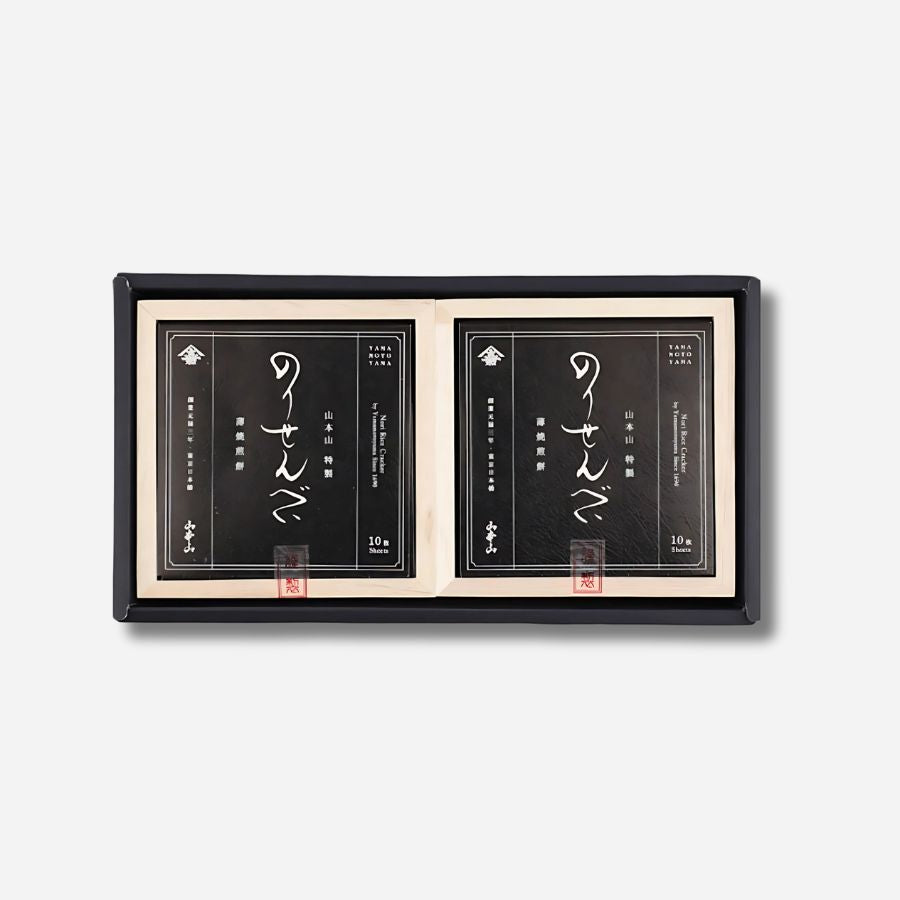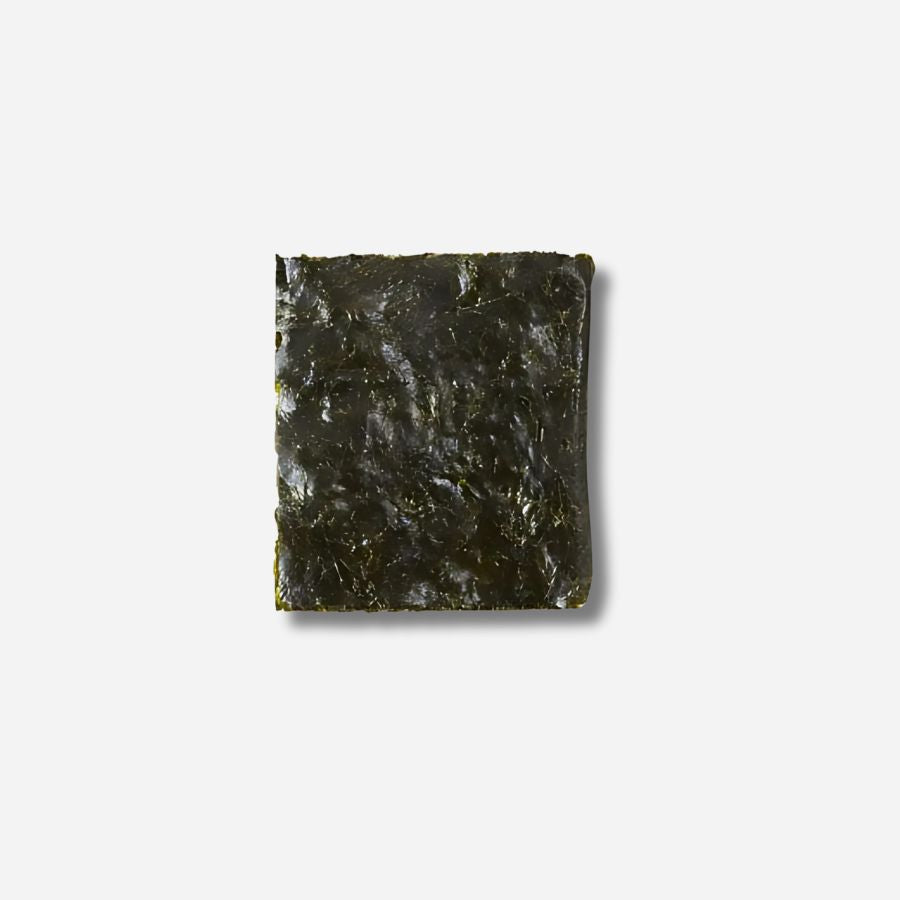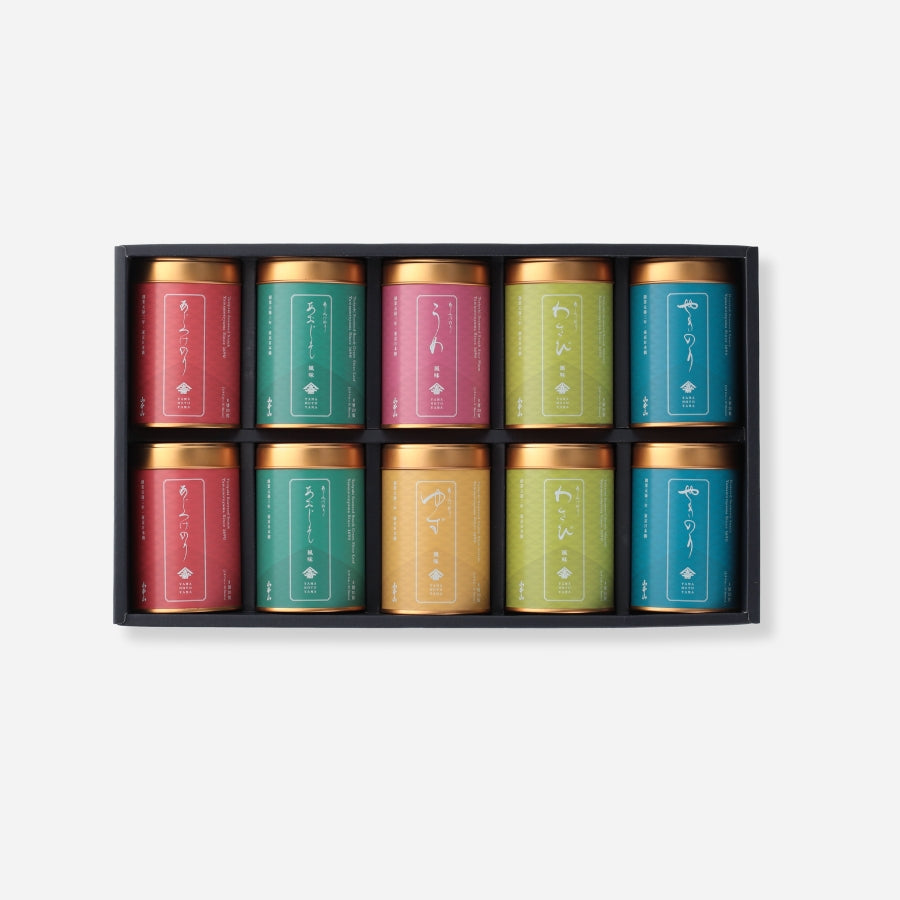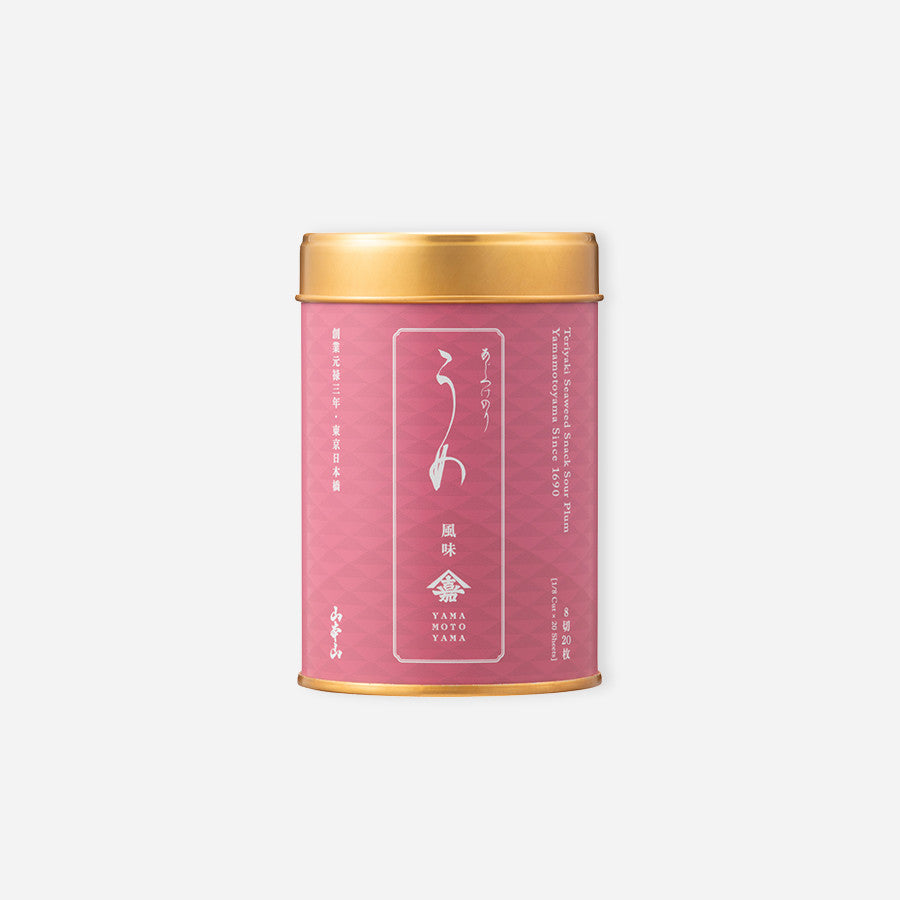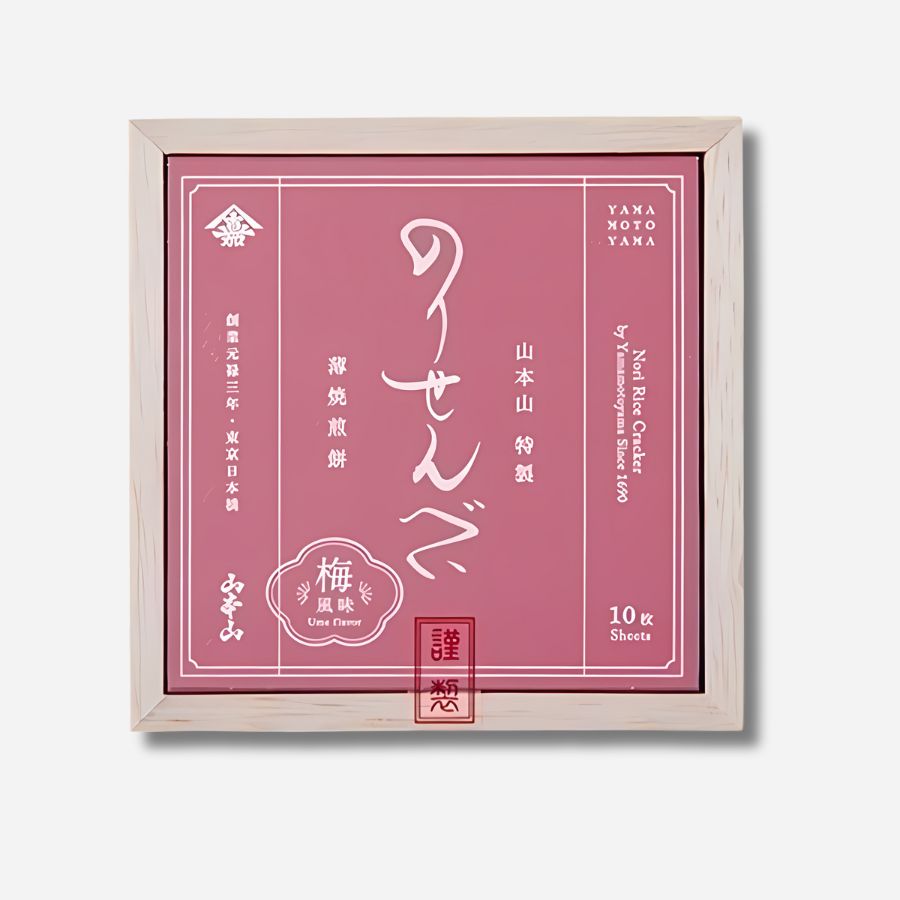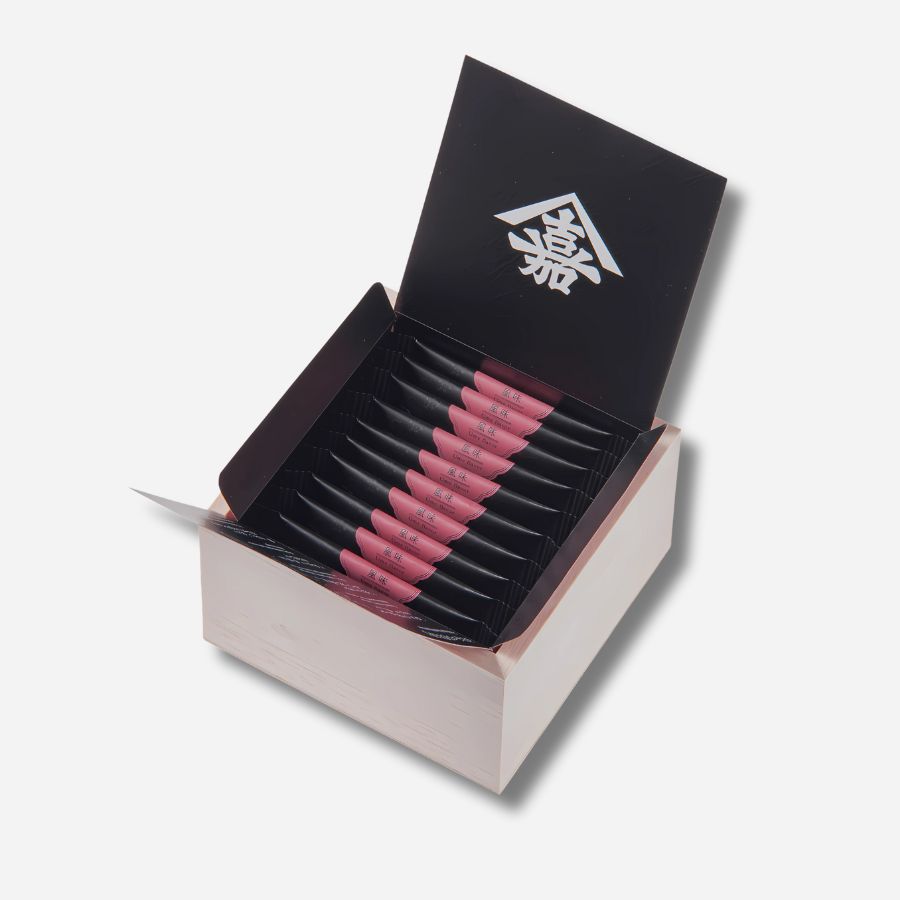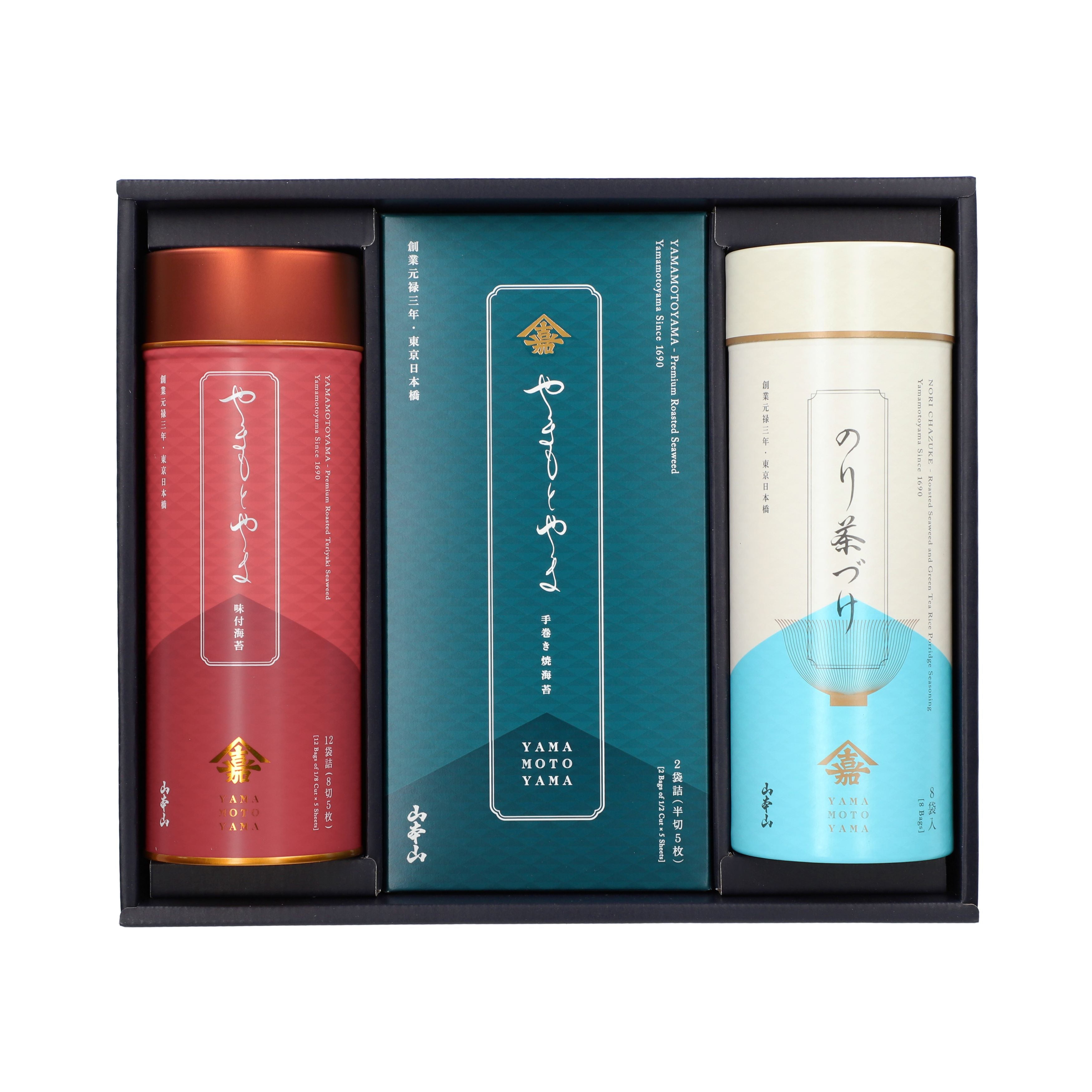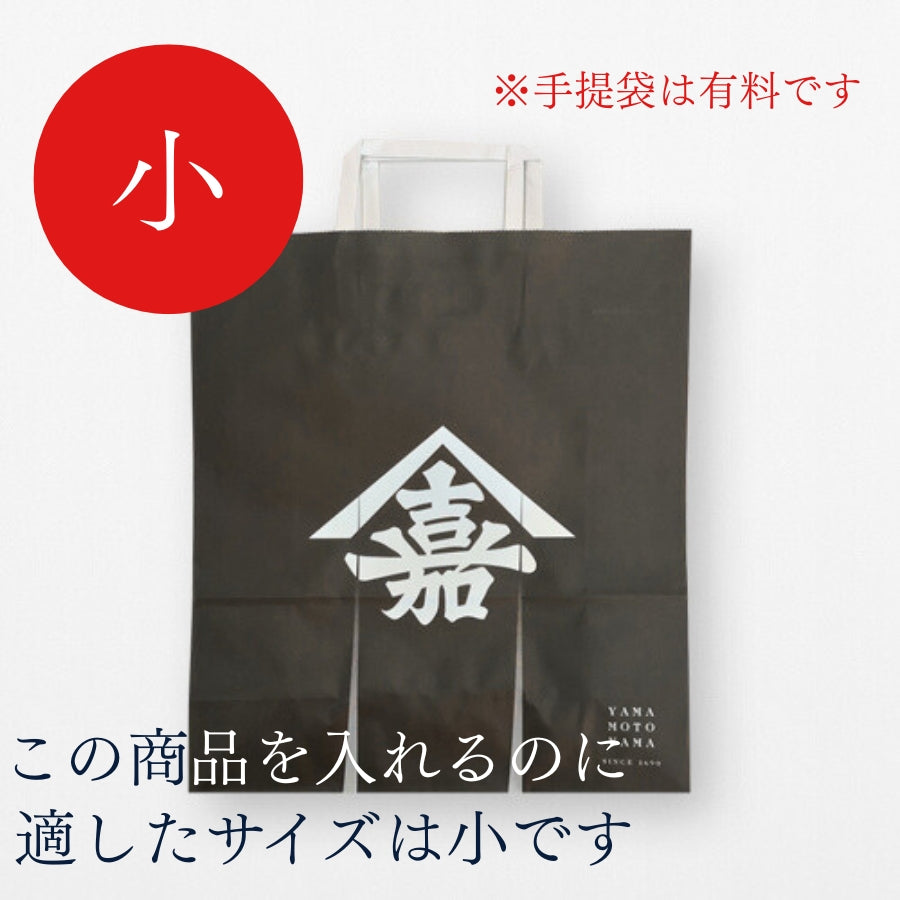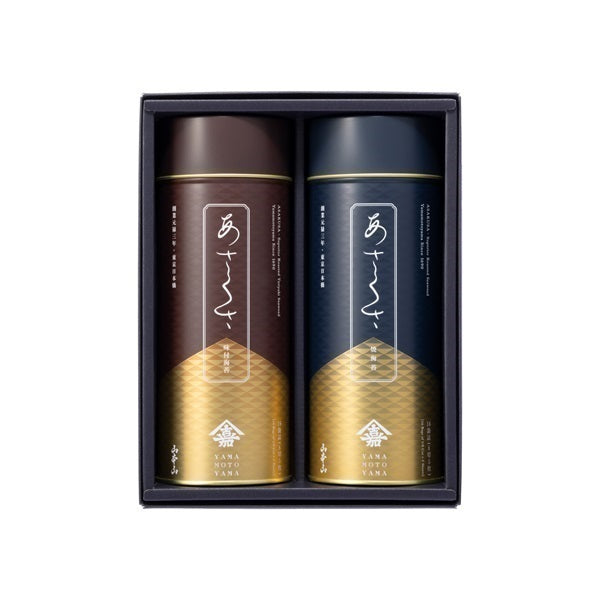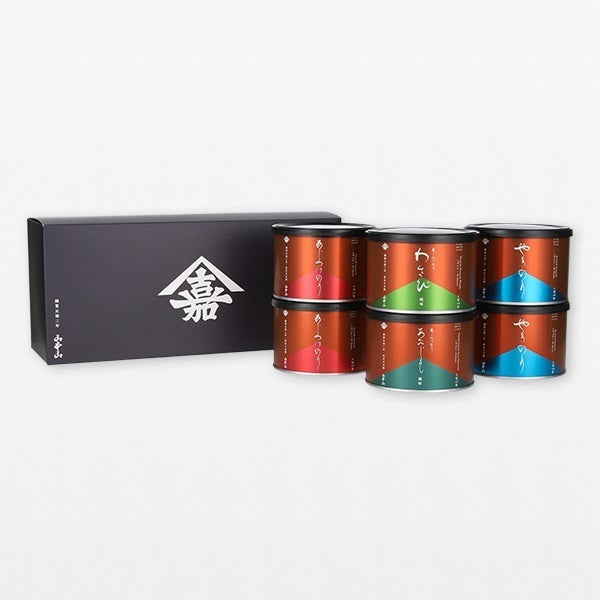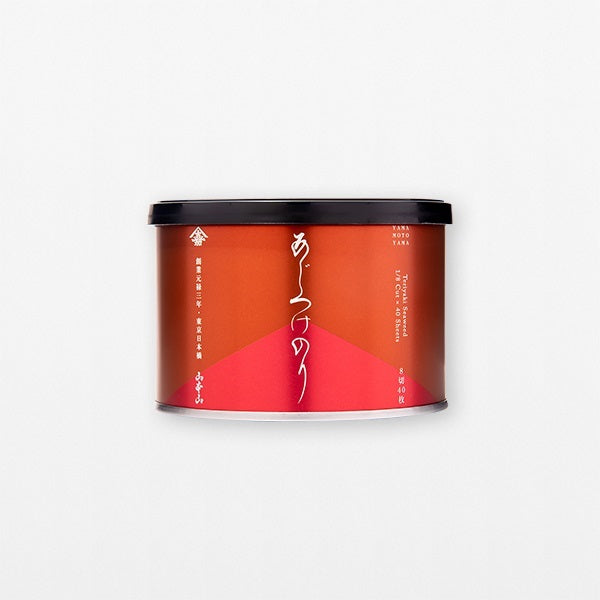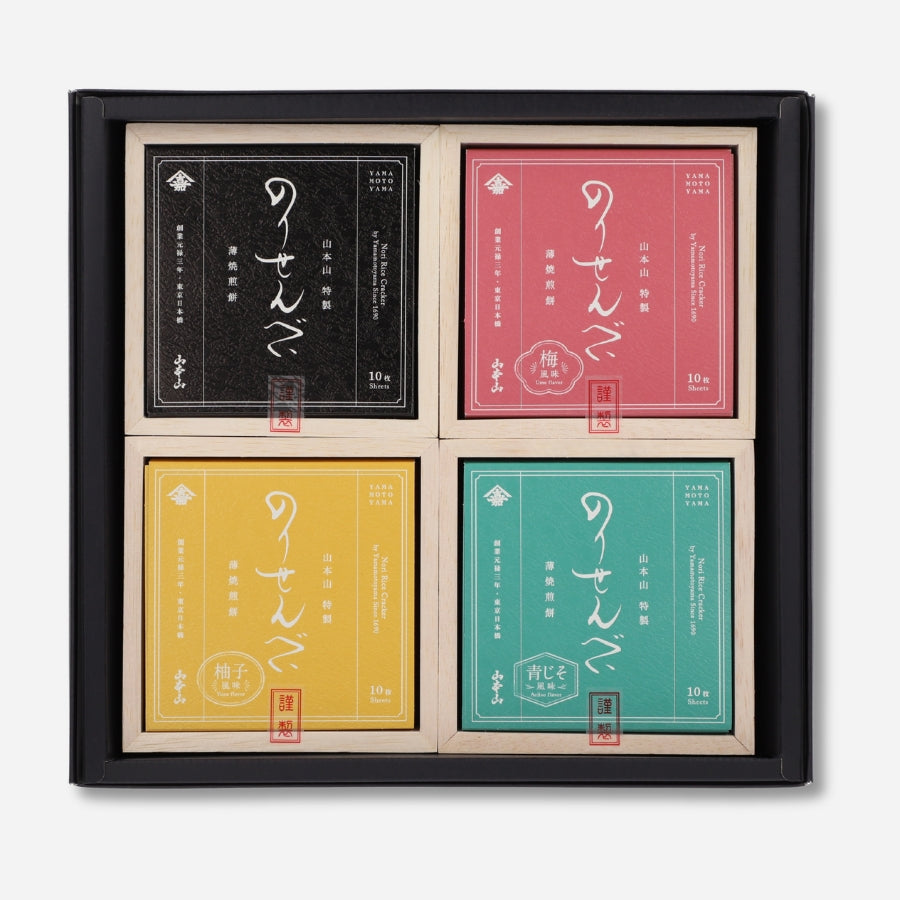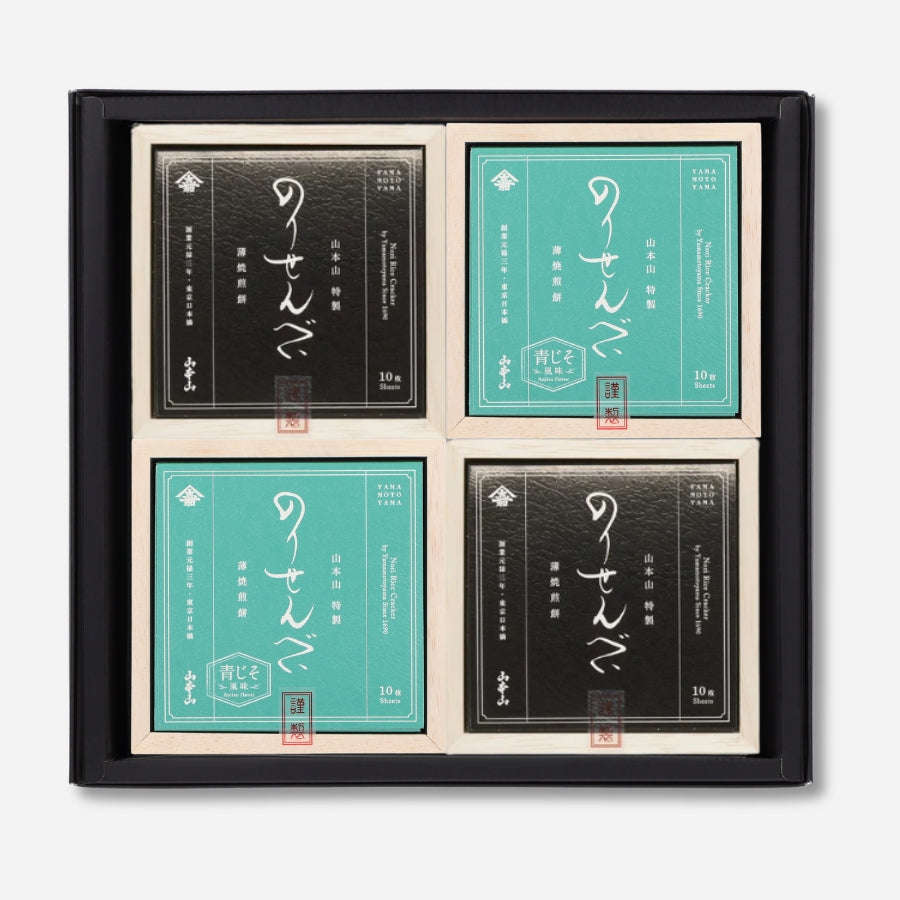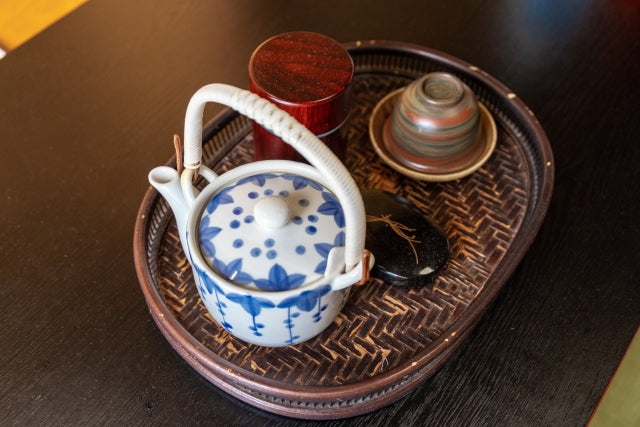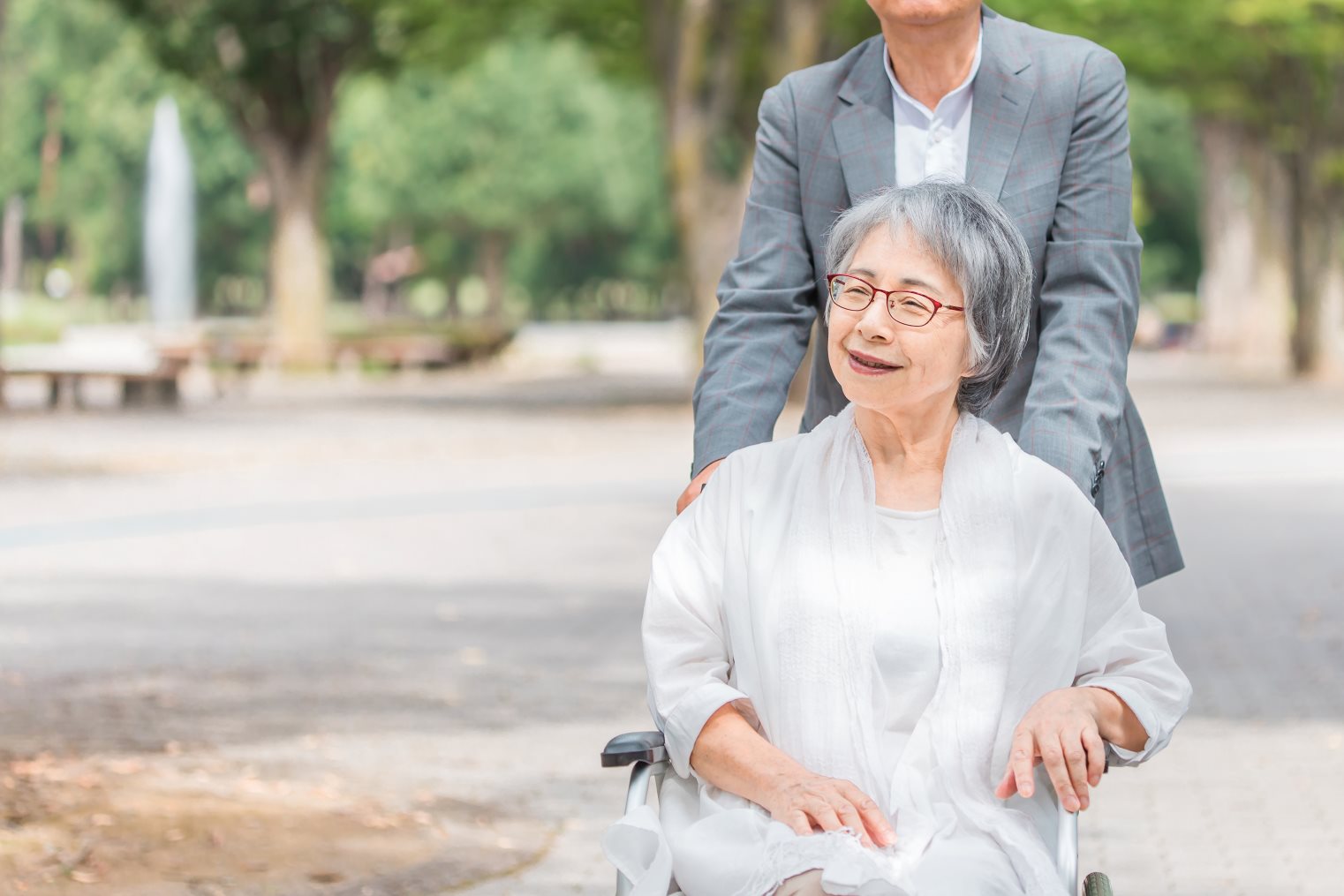
[A complete guide to recovery gifts] A thorough explanation of etiquette, prices, and popular seaweed gifts
- What is a "get well gift" in return for a get well gift?
- Actually, they are different! Recovery celebrations and recovery thank-you gifts
- Basic etiquette for thanking someone for getting well soon
- Time to give a get well gift
- What is the approximate price range for a recovery gift?
- Mizuhiki, Noshi and inscription for recovery gifts
- What gift do you choose for a get well gift?
- How should I choose between inner and outer wrapping?
- Frequently asked questions
- Is a get well gift always necessary?
- Do I still need to give something back if I die?
- The illness is likely to continue even after discharge from the hospital.
- How can I thank hospital staff?
- Reasons why Yamamotoyama Nori is chosen as a gift for recovery celebrations
- Recommended as a gift for a get well soon
1. What is a "get well gift" given in return for a get well gift?
A get-well gift is a gift given to those who have looked after or visited someone when they are discharged from hospital after having been hospitalized due to illness or injury, or when they have recovered from an illness or recuperation.
In the past, when someone had fully recovered from an illness, it was customary to hold a celebration to express gratitude (to celebrate recovery) to all those who had looked after them and sent them gifts.
However, nowadays, rather than setting up a celebration, it has become common to give a gift as a "get well gift" according to the amount of the sympathy money received.
It is customary to give a recovery gift within a week to ten days of being discharged from the hospital or getting out of bed.
Gifts often chosen for get-well presents include food, detergent, and towels, with the intention of "washing away the illness" and "things that disappear."

2. Actually, there is a difference! Get-well gifts and get-well gifts
Originally, "get well soon celebration" refers to people celebrating someone who has recovered from an illness.
On the other hand, when someone who is recuperating from an illness gives a gift in return for a get-well gift that also serves as a message of recovery, it is called a "recovery gift."
"○○ celebrations", such as wedding celebrations and birth celebrations, refer to congratulations given to the person by those around them, while "○○ return celebrations" generally refer to thanks given by the person to those around them for the celebrations.

However, nowadays, when it comes to get-well gifts, the terms "get-well gift" and "get-well gift" are used interchangeably, and both refer to a gift given by the sick or injured person to those who have visited them in the ill or who have cared for them, as a way of thanking and reporting their recovery .
As mentioned above, the correct way to write a return gift for a get well gift is to write "Kaiki Naizukai" (recovery celebration), but nowadays it is more common to write "Kaiki Shukui" (recovery celebration) to avoid using the four characters "Kaiki Naizukai" (recovery celebration) .

3. Basic etiquette for thanking someone for getting well soon
⑴When is the best time to send a get well gift?
The best time to give a recovery gift is within one week to one month after being discharged from hospital.
If you would like to hold a celebration rather than a gift, it is generally best to hold it within two weeks to one month after being discharged from hospital.
If you are late in sending a gift, be sure to send it along with an apology.

⑵What is the approximate price range for a recovery gift?
When deciding on the amount to give as a recovery gift, it is a good idea to base it on the amount of the get well gift you received and aim for about one-third to one-half the amount.
Generally, most people choose items that cost between 3,000 and 5,000 yen.
However, the going rate may vary depending on the region and the relationship, so if you are unsure, it is a good idea to ask older people around you.
An expensive recovery gift may make the recipient feel uncomfortable, so it is important to express your gratitude while keeping the market price in mind.

3) What kind of mizuhiki, noshi and inscription should be used for a recovery gift?
For recovery gifts, it is customary to use a red and white knotted Mizuhiki paper (see the image above).
Remember that "musubikiri" as shown above is used for occasions that should never happen again, such as a recovery gift, and "bow-knotted mizuhiki" is used for celebrations that can happen multiple times.
It is common to use phrases such as "Congratulations on your recovery," "Congratulatory gift," or "Thank you" on the envelope , so choose one that suits the situation.
It's also important to include a thank you note to express your gratitude.
The name of the donor should be that of the sick person . This also applies to children.

⑷What kind of gift is chosen as a recovery gift?
When giving a recovery gift, it is common to give a consumable item that does not last, with the hope that the person will make a complete recovery and that the illness will have no lingering effects.
Food and items that will be used up are chosen, and popular items include seaweed, tea, and seasonings. Sweets and snacks would also be appreciated.

⑸How should I choose between inner and outer wrapping?
There is no strict rule as to whether inner wrapping or outer wrapping is correct, but for gifts given as a thank you for getting better, inner wrapping is often chosen .
With inner wrapping, the noshi paper is hidden by the wrapping paper, so the inscription (the purpose of the gift) is not visible when the gift is handed over.
It gives a modest impression and shows the sender's humility, making it appropriate as a return gift for a recovery from illness.

On the other hand, outer noshi is suitable for expressing your congratulations in a grand manner on happy occasions such as birth celebrations, school entrance celebrations, and employment celebrations.
However, customs may differ depending on the region, so choose a gift based on the situation and the person you are with.

4. Frequently Asked Questions
Question 1: Is it necessary to have a recovery celebration?
No, it is not necessary to send a recovery gift. It is fine to send a thank you letter expressing your joy and gratitude when the person has fully recovered.
As mentioned above, nowadays many people think that giving gifts is a way to celebrate recovery, but the original meaning is to convey joy and gratitude for a full recovery.
You don't necessarily have to give a gift, just a thank you note will show your appreciation.
If a person has been discharged from hospital but is still recuperating, it is considered an even more important courtesy for the person or their family to send a letter informing them of this than to give a gift.

Question 2: What should I do if I receive a sympathy gift, but then the person passes away?
If a person receives sympathy gifts while recuperating from an illness but does not recover and passes away, a gift is given as a "thank you" or "sympathy gift" after the mourning period is over.
If you received a condolence gift at the funeral, you can also include a condolence gift in your thank you gift.
When giving a thank-you gift, use a plain white or a simple short piece of paper instead of a red and white knotted wrapping, and wrap it in funeral wrapping paper.

Question 3: How should I show my gratitude if the patient's illness is likely to continue even after he is discharged from the hospital?
A gift for recovery is given when someone has fully recovered from an illness.
Therefore, if the patient continues to recuperate after being discharged from the hospital, there is no need to send a recovery gift. Instead, the patient or a family member should send a letter thanking the patient for their well wishes and explaining their current condition.
However, even if the person has not fully recovered, if their symptoms have stabilized and they would like to express their gratitude as a milestone, it is possible to send a gift as a "get well soon gift," "sympathy gift," or "thank you gift." Be flexible and respond according to the situation.

Question 4: How should I thank hospital staff?
When it comes to expressing gratitude to doctors and nurses, heartfelt words are usually enough, but some people may want to show their gratitude in a tangible form.
However, in recent years, an increasing number of hospitals have established rules not to accept money or gifts from patients. Therefore, it is important to first check the hospital's rules and follow them.
If there are no regulations and you want to give a thank-you gift, a typical gift would be a snack that can be preserved for a long time and divided into small portions. Small individually wrapped drinks would also be appreciated.
If for any reason the recipient does not accept your gift, it is a good idea to express your gratitude by writing a polite thank you note.

5. The reason why Yamamotoyama Nori is chosen as a gift for recovery celebrations
Nori seaweed has long been treasured as a rare and luxurious lucky charm.
As it was once written as "Unkusa" (lucky grass), it has the meaning of bringing good luck, and because of the wordplay of "byo wo nori kuru" (to overcome illness), it is considered the perfect gift for "get well soon" to announce recovery from illness. Another reason why nori is chosen is that it is a dried food that keeps well, is not heavy or bulky.

Yamamotoyama's nori, which boasts a history of over 300 years, adds an extra special meaning to the auspicious nature of the seaweed itself.
Yamamotoyama has maintained its traditions and flavors unchanged since its founding in 1690. This is a testament to the "value that transcends time."
When someone overcomes illness or injury and makes a new start, giving Yamamotoyama nori seaweed is a symbol of never-ending hope and a wish for continued good health for the future.
